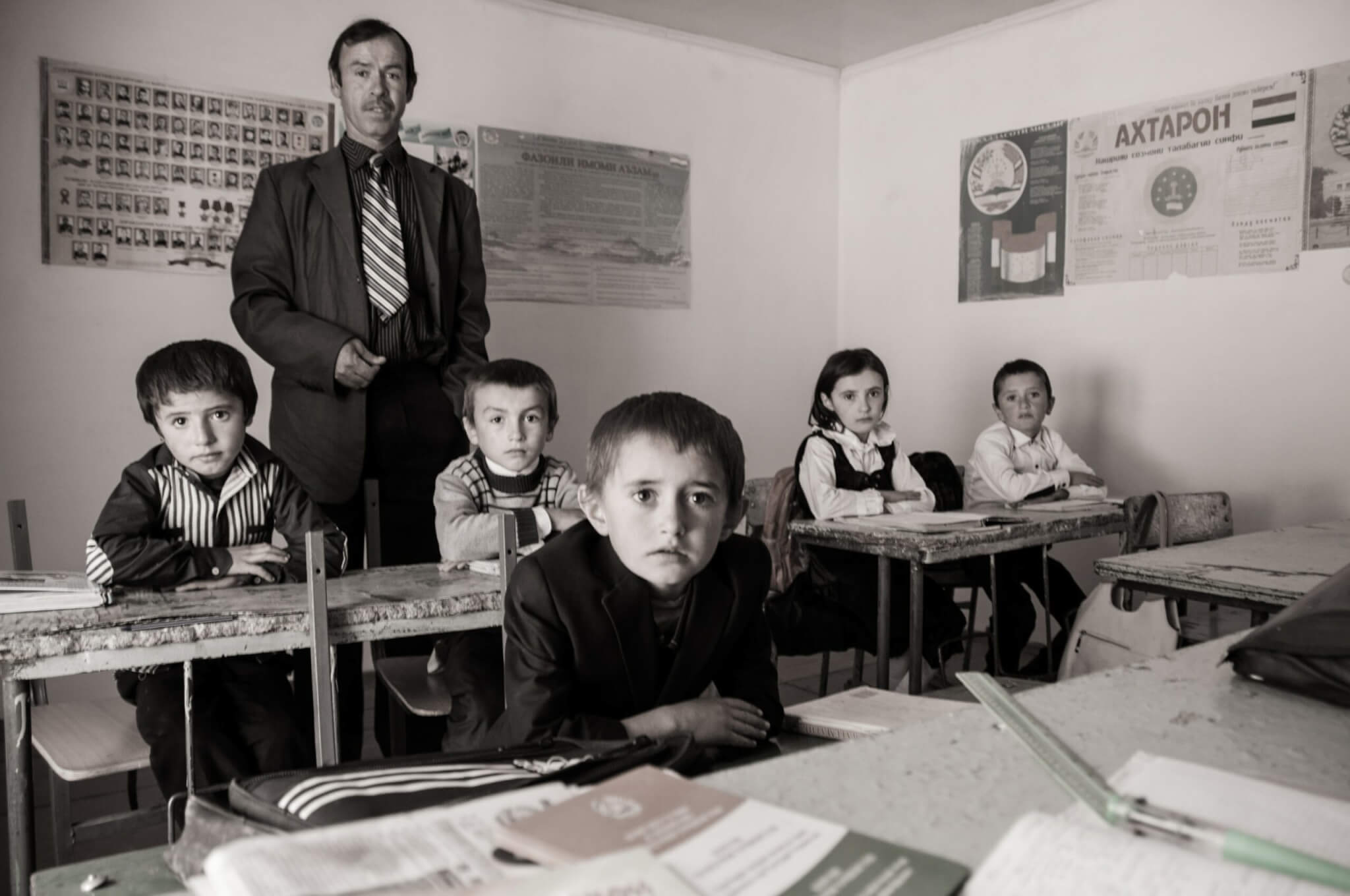Make Learning Fun

“Do what you love, and you will never work a day in your life.” Enjoyment certainly makes the job easier. This is why many trades have work songs that can be sung by laborers as they work in the shop or field. Work invites levity and joy, and difficult labor does not prohibit cheerfulness. So, while education is difficult work, we should also encourage delight in studies. But what is important about this proverb is that the joy comes from the work itself, not from outside.
Sometimes you will hear the complaint that a child is not enjoying school as much as they should. Then come the pleas for more entertaining activities: Students should have the option to express themselves artistically and respond to what they read. Math should include more games and fun activities. Classrooms should include more opportunities for creative outlets like video and media production. Students shouldn’t have to read great books; historical fiction would do the job just as well and be more fun.
While education must be joyful, artificially injecting entertainment denies the principle of attraction: “what you win them with is what you win them to.” If students are attracted to youth group because they get to guzzle soda, play games, and goof off with their friends, what do they learn to love? They are not coming for the Bible lesson; they want fun apart from the teaching. The lesson is just the cost of admission. If they want entertainment, they need to endure the 10–20 minute lecture. Then, when the teenager becomes an adult and grown-up services no longer offer entertainment, he leaves. He never loved church for its own sake but for the distraction.
Likewise, entertainment and creativity cannot be tacked on to the lesson like streamers to a bicycle. A student who can’t ride a bike won’t suddenly enjoy it simply because the bike looks more fun. Students that only enjoy school for the games, activities, or fun projects are not growing to love learning for its own sake, but to see education as something to be suffered before the enjoyable things. The joy is counterfeit, detached from the real object.
This impulse to infuse “life-giving” assignments and activities or more fun, modern literature also teaches an improper attitude towards great books and undermines classical education. It creates a false dichotomy between the “fun”, easy-to-read books that have a classical feel and the “boring”, difficult books of the classical tradition—students learn to love the former and hate the latter. Yet, these difficult but great works are the substance of classical education. Further, Homer, Plato, Virgil, Augustine, Boethius, and the Roland poet are life-giving. They are why classical schools exist and thrive. To say that newer retellings of the classics are better because they are more entertaining denies a core premise of classical education: great things are often difficult to enjoy, but the struggle is worth it.
There are good ways to make learning delightful for the work’s sake. Math, grammar, Latin, and science songs should be a regular occurrence. Allow students the chance to deliver and recite poetry after they have labored in study. After a difficult translation, linger over the text a little while longer and appreciate a job well done. These are each natural joys that come from the task of learning itself, not from outside.
Schools may attempt to reap the rewards without the work by having students reenact scenes from history without understanding the characters. They may enjoy a math game that shows the lesson’s practical application without first understanding the math principle. Latin may ask students to reflect on poetry without having mined riches from the depths of grammar and syntax. Literature class may demand reflections and responses from students before they have humbled themselves in surrender to the work. The classroom may be filled with a hum of activity, but remember the Gaderene swine principle: just because a group is in formation doesn’t mean that it’s going somewhere.
Students must learn duty before skipping to delight. Rest comes after the work is done. Faithfulness and obedience precede fruitfulness and enjoyment. If we teach students to ignore the difficult but necessary work of study and to skip to ice cream, we are not educating wise and virtuous adults but self-centered, intemperate hedonists. Rushing to appreciation ignores the necessary preparation of the soil—plowing, sowing, watering, fertilizing—and demands immediate growth.
Instead of gutting a program of rich and life-giving classics, invest in teachers and equip them to teach classics as life-giving. Provide them with models of great teachers to imitate through conferences, visits to other schools, or arranging video observations of classrooms.
I hope that no one will mistakenly think I am proposing that education must be monotonous, boring, dull, or lifeless. Learning should be enjoyable. But it must be a joy that comes from the thing itself, not artificially injected from the outside. Students must love their work the same way a runner joys in the running. We must offer the delight that comes to the victor—the one who finishes the race—not the cheap hit of the junkie who can’t concentrate without a fix. Let them set upon their work like the riders of Rohan, “And then all the host of Rohan burst into song, and they sang as they slew, for the joy of battle was on them.”
Austin Hoffman
Austin Hoffman has written articles for Front Porch Republic, The Imaginative Conservative, and Classis. He loves his wife and three boys dearly.










